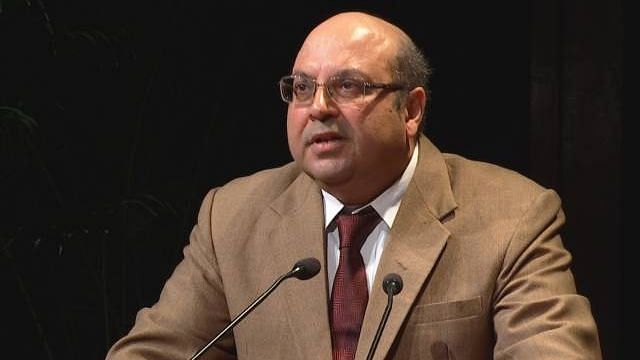Nithyakalyani Narayanan
The incredible career of Justice Rohinton Fali Nariman, the renowned Supreme Court Judge, came to an end on August 12th, 2021. Chief Justice N. V. Ramana stated that the judiciary is “losing one of the lions”.
Personal life
Justice Nariman is the son of Fali S Nariman, who was a senior advocate in the Supreme Court. He finished his schooling at the Cathedral and John Connon School, Mumbai. After attaining the B.Com degree from Shri Ram College of Commerce, he joined the Campus Law Centre of the Faculty of Law, Delhi University for his LL.B. He was ranked second amongst his batchmates. In 1980, he went to Harvard Law School for his LL.M.
Professional life
Justice Nariman joined the Bar Association in 1979. After his graduation from Harvard, he practised Maritime Law for one year at Haight, Gardner, Poor & Havens. On December 15, 1993, he was designated as the Senior Counsel at the Apex Court of India. He was only 37 years old at that time. The then Chief Justice of India, M. N. R. Venkatachalaiah, amended the rules as the then-existing law was that the person must be of 45 years of age to be a Senior Advocate of the Supreme Court.
Justice Nariman was an expert in Comparative Constitutional Law and Civil law. He has dealt with 13,565 cases, including landmark cases like the Sabarimala judgments[1], triple talaq case[2], decriminalising homosexuality[3], P. A. Inamdar v. State of Maharashtra[4] and Shreya Singhal v. Union of India[5], etc. In 2010, Justice Nariman was listed among the top ten Indian lawyers by the Times of India. At the age of 55, he was appointed as the Solicitor General of India. After 18 months in that post, he resigned[6]. On July 24, he was appointed as a Supreme Court judge, making him the 5th judge to be promoted directly from the Bar.
Regarding the judgment of the triple talaq case, he brought back the test of ‘manifest arbitrariness’, stating that it is inherent in the right to equality under Article 14 of the Constitution. While striking down Section 66 A of the IT Act, 2000, Nariman held that the state action should adapt to norms that are rational, knowledgeable with reasons, and led by public interest. In the Sabarimala case, he stated that politically charged cases are not an excuse for the Executive to abandon duty. Similarly, in the Navtej Singh Johar case, he clearly mentioned that the fundamental rights do not depend on the outcome of elections and the Court would not wait for the Government to protect these rights. During his term, he has passed orders to install CCTV cameras in police stations so as to prevent any custodial torture.
Literary works
In 2016, he penned down the book “The Inner Fire” which was about the Zoroastrian religion.
[1] Indian Young Lawyers Association & Ors. Vs. The State of Kerala & Ors.
[2] Shayara Bano vs Union of India, AIR 2017 9 SCC 1 (SC).
[3] Navtej Singh Johar & Ors. vs. Union of India, AIR 2018 SC 4321.
[4] AIR (2005) 6 SCC 537.
[5] AIR 2015 SC 1523.
[6] https://www.ndtv.com/india-news/solicitor-general-rohinton-nariman-quits-after-18-months-in-office-512303

